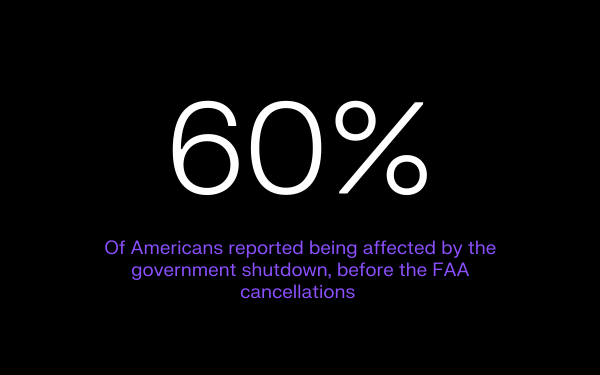The election of 34-year-old Democratic Socialist Zohran Mamdani as New York City’s next mayor captured the nation’s attention. While this might represent a political turning point for the city and Democrats, the immediate question is how he will move from campaigning to governing – though his short political tenure gives us little insight.
As he refines his priorities, Mamdani’s success will hinge not only on the coalition he builds within the city, but on how he navigates his relationships with President Trump and NY Governor Hochul. The White House’s positions on immigration and other issues could complicate Mamdani’s agenda, and Albany’s budget authority over many municipal matters could constrain his ambitious plans to make New York more affordable.
Mamdani’s campaign received a generally chilly reception from the business community, given his promises to tax the rich and freeze the rent. Now corporate leaders must decide how to engage without unnecessarily getting drawn into political crosscurrents. Some might strike a collaborative posture, for example, through modest contributions to his transition and inaugural fund. Others might find more comfort in acting through established business and trade groups.
In the near term, it will be important for organizations to allow time for the mayor-elect to put his people and plans in place before making any significant overtures. With Inauguration Day on January 1st, this is a critical time to learn more about how Mayor Mamdani will govern and how he will engage with corporations whose support he will need to convert campaign rhetoric into reality.



